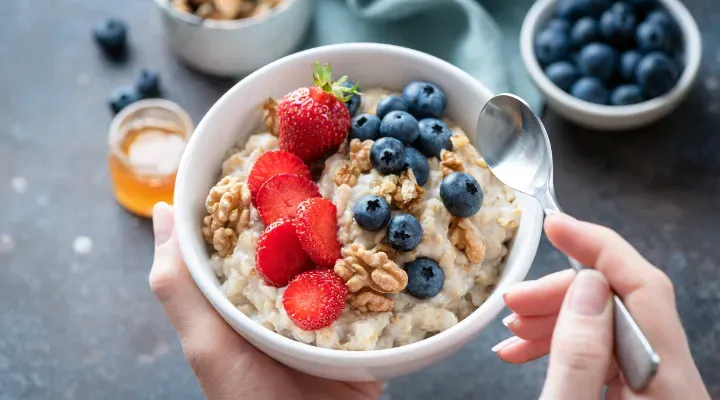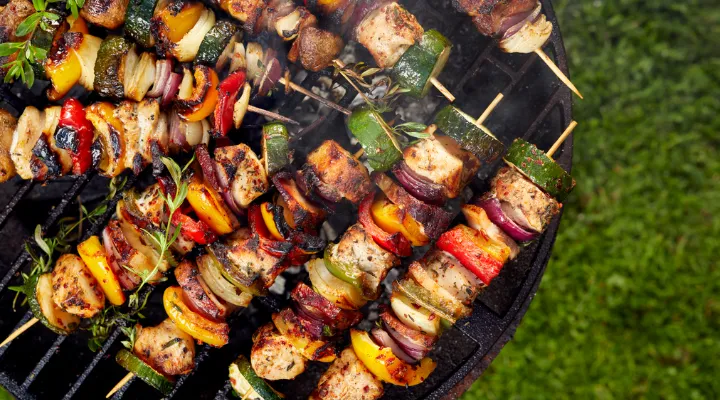In our blog, a specialist diabetologist takes you through the everyday foods that can pose a real threat to your health.
Sugary diet
People who eat a diet mainly made up of sweets, for example white bread with hazelnut or chocolate spread for breakfast, a sweet biscuit for lunch and sweeter foods such as pancakes for lunch, are at risk.
It's important to look at the individual as a whole, if you eat a small piece of a bar of chocolate every day, but exercise and eat healthily, you can eat it in moderation for the rest of your life, you are unlikely to develop type 2 diabetes.
Energy drinks
In today's civilized, fast-paced world, it is these sugary fizzy drinks that pose the biggest threat, as many people use them to replace the recommended 2-3 liters of fluid a day. They can be addictive because of their caffeine content, and they also contain a number of addictive ingredients, which can lead to headaches, drowsiness or lack of concentration if not consumed.
Carbonated soft drinks
I have a lot of patients who drink Coca-Cola all day because that's where they get their energy from. Unfortunately, cola contains a lot of sugar, but contrary to popular misconception, it is not the sugar that gets people addicted, but the many other substances in it (such as the caffeine mentioned above). The sugar-free version is no better, because it tends to leach calcium from the bones, so teeth in general can be at risk from excessive consumption, and women can also have problems later on, as they are more prone to osteoporosis.
From a medical point of view, moderate consumption - say 1-2 cups a week when you don't have access to your coffee - is not a cause for concern about developing diabetes, but it is important to stress that it should not become a daily occurrence.
Fast food
The most common mistake in fast food is to put sugar in everything: ordering a hamburger, the recipe for the meat patty contains added sugar, the bread or bun itself is high in sugar, and so are the sauces. The situation is similar for restaurant food, where you should specifically ask for reformed food, because in Hungary sugar is often added to the main course in public catering or even in a canteen at work.
You have to be very careful about where you eat and what recipe you use. Homemade meals are the best, and if you're very health-conscious, cook several days' worth of food at the weekend or when you have time, can it, put some in the freezer and take a small portion out each day, the diabetologist suggests.






